community/life
-
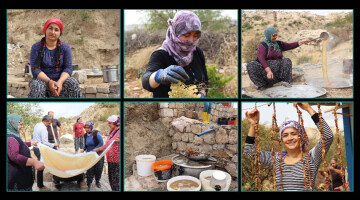
Women of Mardin begin to make grape molasses
After collecting grapes, women boil grapes inside a large cooking pot to make grape molasses and grape leathers. They wait for hours next to a large cooking pot.
-
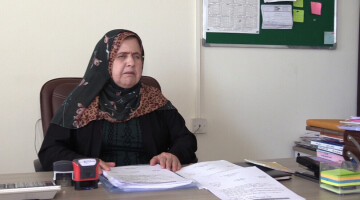
Kejal Xelîl Seîd: Obstacles can be overcome through perseverance
Kejal Xelîl Seîd is a visually disabled woman living in Sulaymaniyah. She has overcome all obstacles through her perseverance.
-
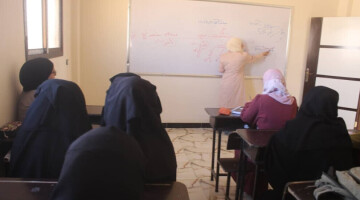
Women teachers suffer from unemployment in Idlib
The unemployment rate among women teachers in Idlib is very high due to the pressure of the Hay'at Tahrir al-Sham in schools.
-
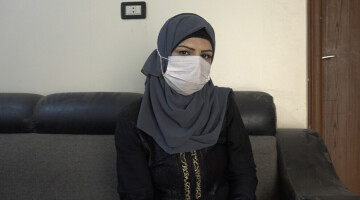
Women of Deir ez-Zor fight child marriage, polygamy
The Women’s Committee of the Peoples’ Assembly has organized seminars in Deir ez-Zor to raise awareness against child marriage, polygamy and gender-based violence. The committee aims to reach all women in the city.
-
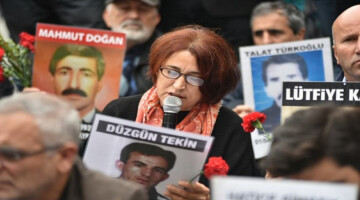
Saturday Mothers ask for whereabouts of disappeared Düzgün Tekin
The Saturday Mothers have asked for the whereabouts of Düzgün Tekin, who was tortured to death by JİTEM, Gendarmerie Intelligence and Counter-Terrorism, 27 years ago.
-
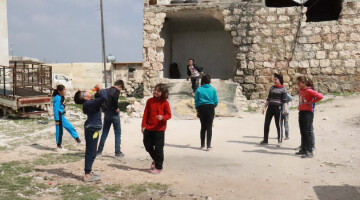
Nine stones…
“These beautiful children are those who resist all the brutality of war; they show us that there is still a livable world.”
-
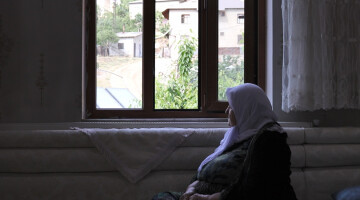
She longs for her village for 30 years
Nedima İsal has longed for her village Bêdaw for 30 years. All Nedima İsal wants is to return to her village, where five police stations were built in place of burned houses.
-
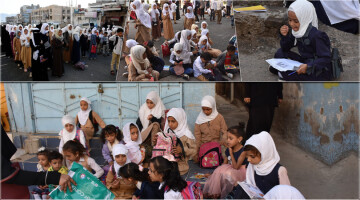
Yemeni children receive education outdoors
The eight-year-old conflict in Yemen casts a shadow over education. While children receive education on Yemen’s streets, their families are concerned about the situation of their children.
-
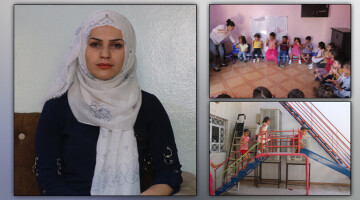
“Ehlen Sisim” center aims to raise healthy generation
The “Ehlen Sisim" center, a child development center opened in Qamishlo, aims to raise a healthy generation. “Both families and children will be more self-confident and will be able to solve their problems without fear,” Xezal Îniz said.
-
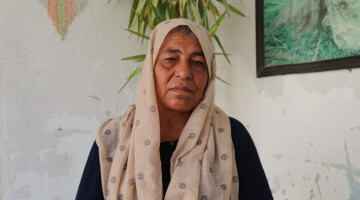
Semîra Ehmed: We will succeed with the spirit of the resistance of Kobanê
Eight years have passed since the resistance against ISIS took place in Kobanê. “We will succeed with the spirit of the resistance of Kobanê,” said Semîra Ehmed, who supported the fighters in the battlefield.
-
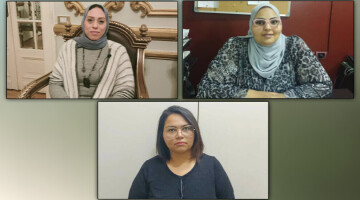
Egyptian feminist activists: Actions must be taken against gender-based violence
Egyptian feminist activists call on the government to take action against gender-based violence, which become systematic in the country.
-
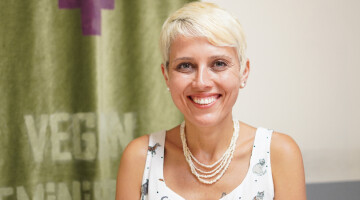
Dr. Irmak Saraç: Rising drug prices prevent access to the right to health
Speaking about the effects of rising drug prices and the health policies on women's health in Turkey, Dr. Irmak Saraç said that violations in the health service pose vital risks especially for women's health.
-
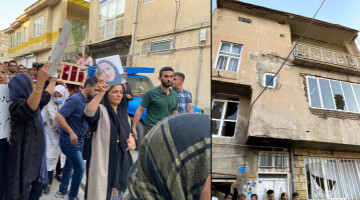
Azadeh Jamaati : Shiler Rasouli is not a hero but a victim
“Shiler Rasouli has been seen as a hero for jumping off the building’s second floor to protect herself from sexual assault. Shiler is not a hero but a victim. Every member of society is responsible for her death. We must admit our shame.”
-
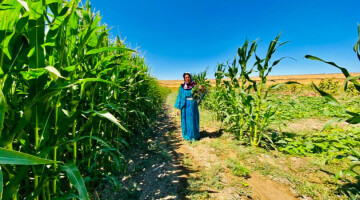
“Women improve the soil fertility with their labor”
Growing corn with her labor, İlhan Ebd-El Semed said, “I want every woman to be involved in agriculture because women improve the soil fertility with their labor and production.”
-
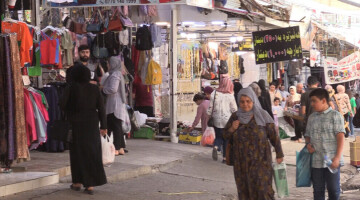
“The Kurdistan Regional Government must break its silence against the attacks”
Reacting to the ongoing Turkish attacks on the Kurdistan Region, the women of Sulaymaniyah called on the Kurdistan Regional Government to break its silence against the attacks.
-
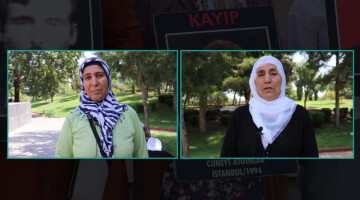
Reaction to delivery of bones in sacks: The state’s policy has never changed
“The state’s policy has never changed”, said the relatives of disappeared people reacting to the delivery of Hakan Arslan’s bones in a sack to his father.
-
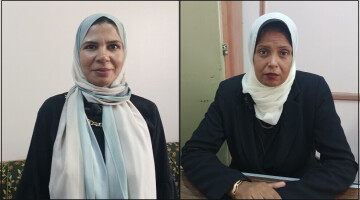
Women’s organizations in Upper Egypt have limited role
Women’s organizations work at full-stream to deal with women’s issues in Upper Egypt; however their role in ensuring gender equality is limited due to challenges faced by them.
-
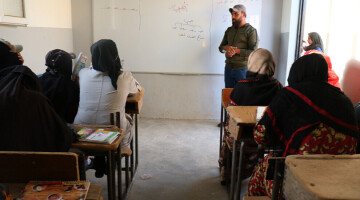
Displaced women learn how to read and write
Despite their advancing ages, displaced women living under difficult conditions in camps have learned how to read and write.
-
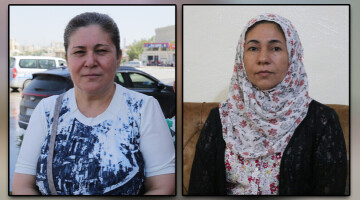
Women of NE Syria: Where is the peace celebrated by the world?
Women living in the Euphrates Region spoke to NuJINHA about the 1st September World Peace Day and drew attention to the silence of the countries observing the day although their region is under occupation.
-
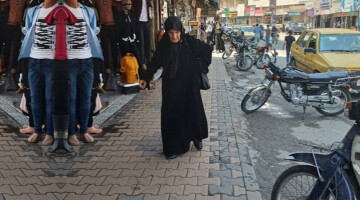
Hayat Tahrir al-Sham members prevent women from receiving treatment
Breast cancer patient Rola El-Saîd and colon cancer patient Emîra El-Osman tried to go to the region controlled by the regime forces to receive treatment. However, Hayat Tahris al-Sham members prevented them from entering the region
